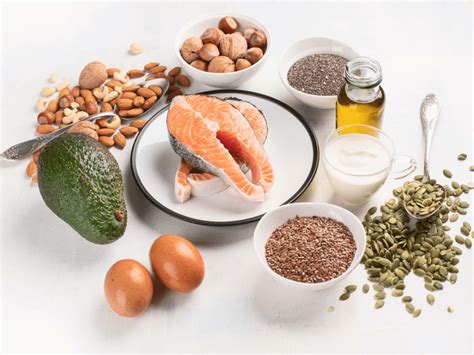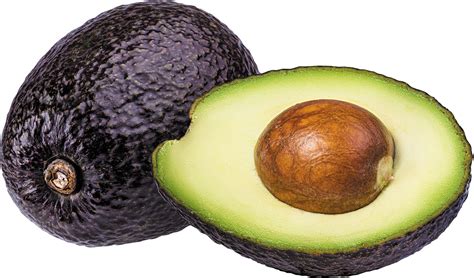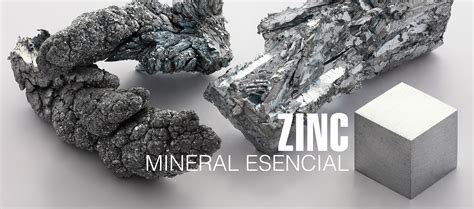For a man over 35, what is a key dietary consideration to optimize testosterone levels for strength training?

The Importance of Testosterone for Men Over 35
As men cross the threshold of 35, a natural decline in testosterone levels often begins. This decline can impact various aspects of health, but it’s particularly noticeable for those committed to strength training. Optimal testosterone is fundamental for muscle protein synthesis, fat metabolism, energy levels, bone density, and recovery—all critical components for making progress and achieving peak performance in the gym. While lifestyle factors like sleep, stress management, and exercise are vital, diet plays a paramount role in providing the raw materials and hormonal signals necessary to support healthy testosterone production.
Beyond Macros: Understanding Key Dietary Levers
While adequate protein intake for muscle repair and sufficient carbohydrates for energy are well-known pillars of strength training nutrition, focusing solely on these can lead to overlooking other crucial dietary components. For testosterone optimization, the quality and quantity of specific macronutrients and micronutrients become even more important. It’s not just about hitting your calorie targets; it’s about what those calories are made of.

The Critical Role of Healthy Dietary Fats
One of the most overlooked yet fundamentally important dietary considerations for men over 35 aiming to optimize testosterone is their intake of healthy fats. Cholesterol, often demonized, is a crucial precursor to steroid hormones, including testosterone. Without sufficient cholesterol from dietary fats, the body struggles to synthesize adequate levels of this vital hormone. This doesn’t mean indulging in unhealthy, processed fats, but rather consciously incorporating nutrient-dense sources of beneficial fats into your daily diet.
Specifically, a balanced intake of monounsaturated, polyunsaturated (omega-3 and omega-6), and even some saturated fats (from whole, unprocessed sources) is essential. Diets that are excessively low in fat can be detrimental to testosterone production. Conversely, prioritizing healthy fats can provide the necessary building blocks.

Key Sources of Healthy Fats:
- Monounsaturated Fats: Avocados, olive oil, almonds, cashews, pecans.
- Polyunsaturated Fats (Omega-3s): Fatty fish like salmon, mackerel, sardines; flaxseeds, chia seeds, walnuts.
- Saturated Fats (in moderation, from whole foods): Red meat, eggs (yolks especially), full-fat dairy.
Aim for healthy fats to constitute around 20-30% of your total daily caloric intake, adjusting based on individual needs and activity levels. This ensures your body has ample raw material for hormone synthesis without overdoing it on calories.

Supporting Micronutrients for Testosterone Production
Beyond fats, several micronutrients play critical supporting roles in testosterone synthesis and function:
- Zinc: An essential mineral directly involved in testosterone production. Deficiencies are common and can significantly impact levels. Good sources include red meat, shellfish (especially oysters), pumpkin seeds, and legumes.
- Vitamin D: More of a hormone than a vitamin, Vitamin D levels are strongly correlated with testosterone. Exposure to sunlight is the primary source, but fatty fish, fortified foods, and supplements can help maintain optimal levels, especially in regions with limited sun.
- Magnesium: Involved in over 300 enzymatic reactions in the body, magnesium can help increase free (bioavailable) testosterone. Rich sources include leafy green vegetables, nuts, seeds, and whole grains.

Practical Dietary Strategies for Optimization
To put this into practice, focus on a whole-foods diet that prioritizes variety and nutrient density. Here are some actionable steps:
- Prioritize Healthy Fats: Incorporate sources like avocados, nuts, seeds, olive oil, and fatty fish into meals daily. Don’t shy away from whole eggs, including the yolk.
- Ensure Adequate Protein: Pair protein sources with healthy fats. Think grass-fed beef (source of healthy fats and zinc), chicken thighs, and salmon.
- Load Up on Micronutrients: Include a wide array of vegetables (especially leafy greens for magnesium), fruits, and whole grains to ensure sufficient intake of zinc, magnesium, and other vitamins.
- Limit Processed Foods: Highly processed foods, excessive sugars, and unhealthy trans fats can negatively impact hormonal balance and overall health.
- Hydrate Adequately: Water is essential for all bodily functions, including hormone transport.

Conclusion
For men over 35 engaged in strength training, optimizing testosterone levels through diet is a critical component of achieving and maintaining physical goals. While many factors contribute, a key dietary consideration is the strategic inclusion of healthy fats, providing the essential precursors and support for hormone production. Coupled with adequate intake of micronutrients like zinc, vitamin D, and magnesium, a well-rounded and thoughtful diet can significantly contribute to sustaining energy, muscle mass, and recovery, enabling continued progress in your strength training journey.









